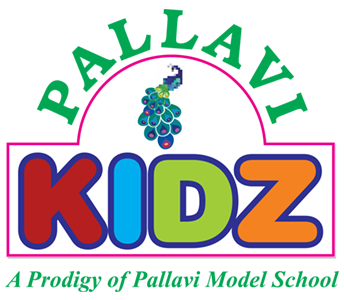Importance of nursery rhymes: Early reading skills and language development
Learning and singing rhymes boosts young children’s confidence. Rhymes also serve as a handy tool to motivate children and keep them away from electronics. Unfortunately nursery rhymes are disappearing from our young children’s lives. They get replaced by gadgets and computer games. Many parents often leap straight into learning experiences focused on science and maths and believe that nursery rhymes are of little interest to young children. Those views are wrong. Repeated scientific research has confirmed that nursery rhymes are important for preschoolers and children in kindergartens. Nursery rhymes should not be misunderstood in different areas of child development.
Evidence on the importance of nursery rhymes
“Experts in literacy and child development have found that by the time they are four years old, children who learn eight nursery rhymes by heart are generally among the best readers and spellers in their class when they are eight years old.
Awareness regarding phonetics is an significant precursor to literacy. Phonemes comprehension supports a child’s ability to hear and combine sounds, translate and interpret phrases, and phonetically spell words. Nursery rhymes help to raise knowledge of the phonology.
Rhyming skills make learning about sequences of letters and sequences shared by words which also rhyme easier for children. Nursery rhymes improve phonological awareness (the recognition of rhymes and phonemes), which in effect improve reading skills. There is a strong and enduring connection between early childhood knowledge of nursery rhymes and later aspects of their linguistic development.
Evidence on the importance of nursery rhymes
Rhymes includes sophisticated literary devices that enable children to understand more about a language’s tone, volume and patterns. If you ask a question and explain an event to your colleagues at the office your voice sounds different. Rhymes help kids understand certain human voice variations.
Nursery rhymes broaden imagination of your kids. We take your child into a fantasy world, and play and improve the imagination skills of your child.
Nursery rhymes usually follow a clear sequence of events. They often tell a story that has a beginning, middle and an end. An understanding of narrative flow, is necessary for children to be able to follow, read and understand any story.
Rhymes improve a child’s vocabulary. Children even pickup words from rhymes, that are sometimes not common in day-to-day communication from rhymes and incorporate them into their vocabulary.
Rhymes help parents and carers expose their children to abstract concepts. For instance, teaching my kid “Twinkle twinkle little star” allowed me to incorporate concepts such as “up,” “big,” etc.
Rhymes retained a tradition that spans decades, offering something in common between parents , grandparents and children and even people who don’t know each other. Singing nursery rhymes to children is therefore, in part, “to take part in a long tradition, a common practice.

